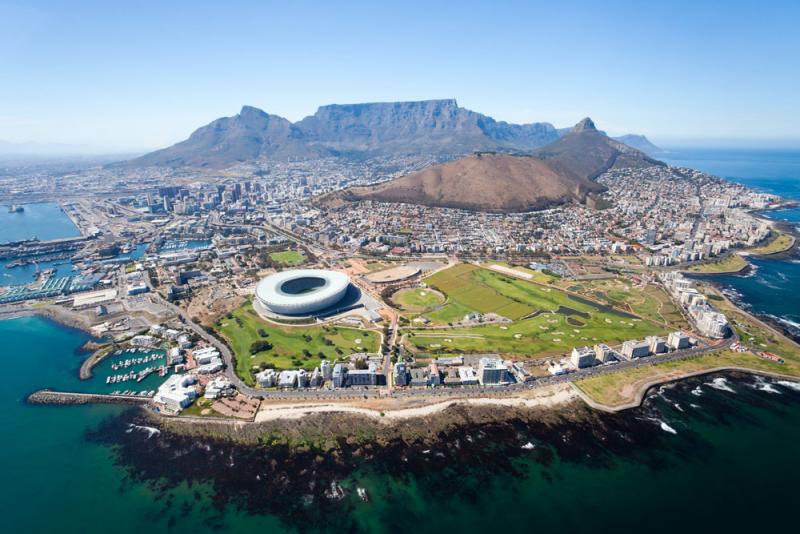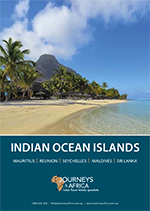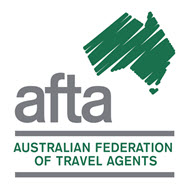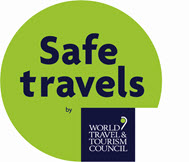
E-visa Service for Kenya
All visitors including infants and children who intend to travel to the Republic
of Kenya must have an approved Electronic Travel Authorisation (eTA) before
the start of their journey.
Please have the following documents ready before starting your application.
For all travellers
- Valid passport for at least six (6) months after your planned date of arrival into Kenya, with at least one blank page
- Selfie or passport-type photo
- Contact information, email address and phone number
- Details of your arrival and departure itinerary
- Accommodation booking confirmation(s)
- Credit card, debit card or other means of payment
Kenya has launched eCitizen, an easy-to-use and efficient e-visa service, where all nationals requiring a visa can log onto the online portal and apply for their Kenya entry visa before travel.
Visit the electronic visa page at www.ecitizen.go.ke
Ban on Plastic Bags for Africa
Kenya and Tanzania join over 40 countries that have made plastic bags illegal,in a positive effort to reduce the impact on our environment. However, there may be implications for our guests travelling to this region, as the use, manufacture and importation of all plastic bags is now illegal in East Africa
Plastic bags are everywhere these days, and while they may seem like a cheap, easy way to carry our goods, they are wreaking havoc on the planet in a number of ways.
Please think carefully when packing when visiting the following countries: Kenya, Tanzania, South Africa, Botswana, Rwanda
What does this mean for those travelling to our beautiful country? Possibly not too much depending on how you pack. The fines and jail time set out as punishment for violations are targeting manufacturers and importers of plastic bags, not your average tourist travelling with their personal belongings in a Ziploc bag. Luggage may be searched on entry and any kind of shopping bag (like your local grocery store type bags) will be taken away, so best not to put your shoes in one of these bags.
Please note that effective 1st June, 2019 Tanzania will enforce a total ban on single-use plastic bags. The manufacture, use or importation of plastic bags, including garbage bags, carrier bags and shopping bags, will become illegal and offenders may face heavy fines. Passengers and visitors intending to arrive at any Tanzania airport and border point, including Zanzibar, are advised to avoid packing any plastic bags in their in-hand luggage or checked baggage as they could face penalties on arrival. Items purchased at an airport before boarding the aircraft should also be removed from plastic bags.
Similarly, transparent “zip-lock” plastic bags that some airlines require passengers to use for keeping liquids, cosmetics, toiletries etc. are also not permitted and should be removed before disembarking.








